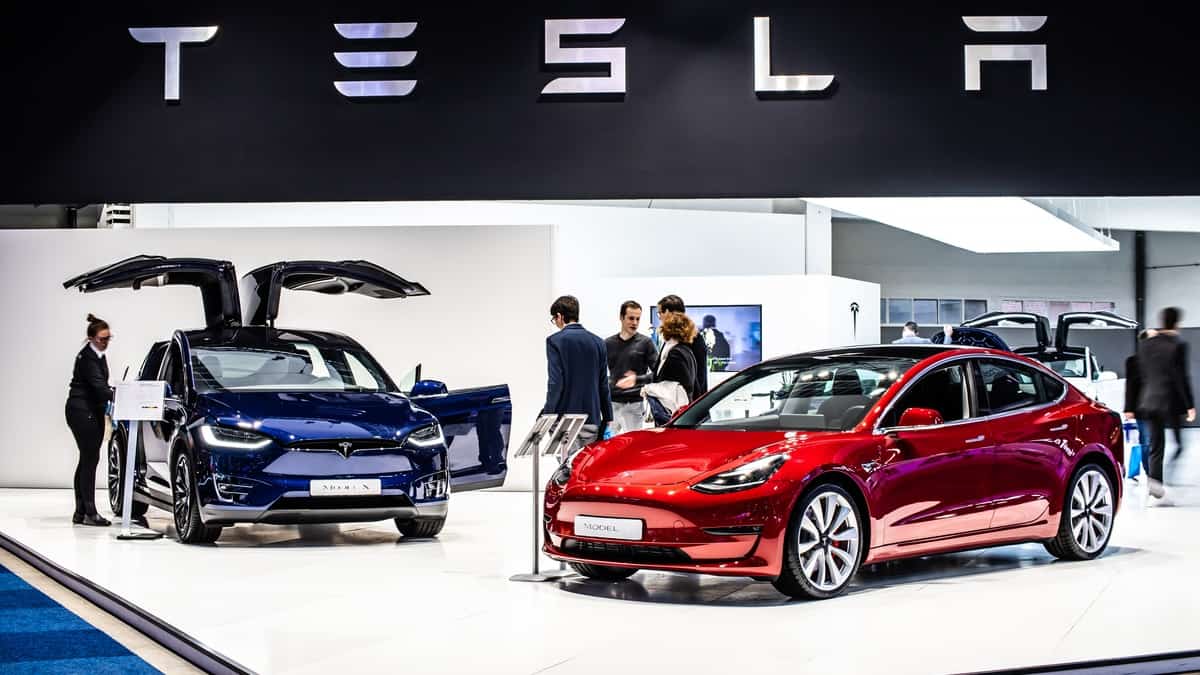New electric vehicle customers have the strongest desire to buy Tesla’s Model 3 sedan and Y SUV than any other models, Recurrent Auto’s study shows.
Recurrent Auto surveyed more than 200 respondents to determine their top pre-order picks and which of those they actually plan to pursue.
Results
As expected, the world’s most sought-after EV Model 3 and Q1 2023’s best-selling EV Model 3 led the study’s rankings.
Pricing
The study found that new EV buyers’ most ordered EVs have prices ranging from $26,500 to $47,240.
In essence, the Model 3 and Y prices are within the abovementioned range. However, their prices might increase depending on the models’ variants. It is also worth noting that these EVs qualify for the Inflation Reduction Act’s EV tax credits of up to $7,500.
Range
Apart from the pricing, new EV buyers also consider a decent range of at least 200 miles between charges as their top preference.
Notably, the entry-level Model 3 and Y offer an EPA-estimated range of 272 and 279 miles, respectively. On the other hand, the models’ Long Range and Performance variants boast a driving range of at least 300 miles per charge.
Comfort and convenience
New EV buyers also noted comfort and convenience features as one of their top preferences in buying electric cars. According to the study, these features include one-pedal driving, regenerative braking, and efficient charging.
For context, Tesla now operates over 45,000 Superchargers worldwide, with 17,000 units in the US alone. That said, the Tesla Model 3 and Y can access these fast chargers at up to 250 kW and gain 147-mile range in just 15 minutes.
It must also be noted that the Tesla Supercharging network is widely recognized as the industry leader. In fact, Ford and General Motors recently announced plans to adopt the Musk-led automaker’s charging standard into their next-gen EVs by 2025.
Performance
Naturally, new EV buyers also greatly consider the car’s performance, with fast acceleration features attracting them.
The Tesla Model 3 Performance variant can accelerate from 0 to 60 mph within just 3.1 seconds. On the other hand, the Model Y Performance can do so in just 3.5 seconds.
These models’ Long Range versions offer 0 to 60 mph acceleration in up to 5 seconds.
Autopilot
Tesla’s advanced driver-assistance system (ADAS) or Autopilot is also among the new buyers’ top considerations as well.
All Tesla cars are standardly equipped with Autopilot features, including adaptive cruise control and auto-steer. It also offers an option for Enhanced Autopilot or Full-Self Driving (FSD) technology.
All that said, these two Tesla cars comfortably hit the new EV buyers’ these preferences.
However, Model 3 and Y also received poor feedback in other aspects. For example, new EV buyers consider the integration of the basic controls into the central touchscreen as a disadvantage, per the study. It also mentioned ride quality and FSD’s numerous lawsuits as drawbacks.
Apart from the Tesla Model 3 and Y, the VW ID.4 and Chevy Bolt EV/EUV are top picks among new EV buyers.
“New EV drivers are looking for reliability, comfort, swift charging, and range at an affordable price. Manufacturers are rising to meet the challenge, updating their existing models and expanding into new features and technologies.”
Recurrent Auto
See Also:
- Used Tesla Model 3 demand propels EV values higher
- Tesla raises Model S and X prices with free 3-year Supercharging credits
- Tesla insider confirms Model 3 Highland design, details, and upgrades
- Tesla Model 3 is the “most sought-after EV” around the globe
- Tesla Model Y advances as the world’s best-selling car in Q1 2023
Considering all the factors mentioned above, the Tesla Model 3 and Y’s position as the top picks among new EV buyers is unsurprising.
It would be interesting to see how these electric cars would fare in the highly competitive market in the US in the following months.

